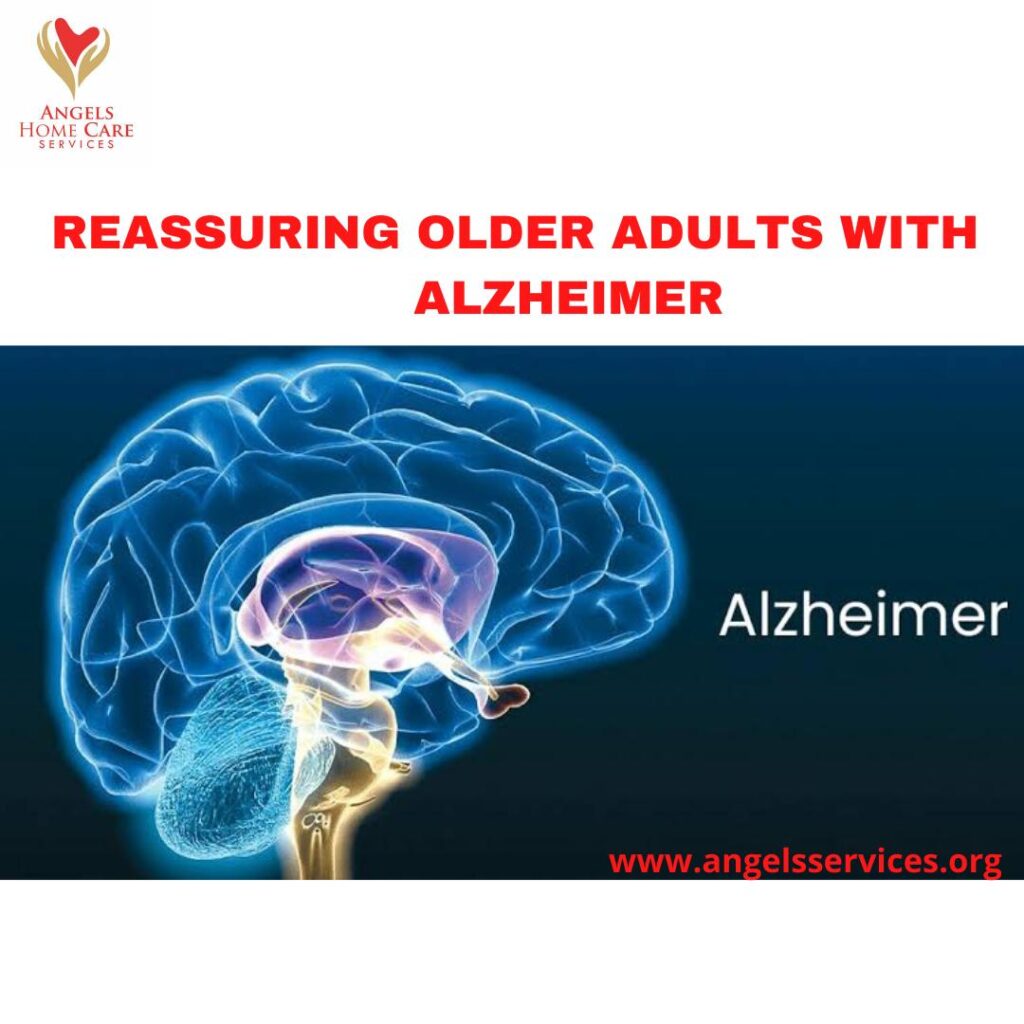
INTRODUCTION
Alzheimer’s disease is one of the diseases fake watches affecting older adults and not everyone may be aware of the nature, but its symptoms comes with troubling behaviour and personality changes such asaggressiveness, hallucination, wandering, eating or sleeping difficulties, these can be challenging. Whatever issues you’re dealing best replica watches with as a caregiver, it is important to remember the person with Alzheimer is not deliberately difficult. Often, the patient’s behavioural Cartier replica watches issue is made worse by the environment, their inability to deal with stress or their frustrated attempt to communicate.
Alzheimer’s disease is a progressive mental disorder that can occur at middle or old age due to degeneration of the brain. Symptoms eventually grow severe enough to interfere with daily tasks, you can reassure older adults with Alzheimer by making some simple changes to better managing their symptoms and significantly improve their well-being as well as your caregiving experience. While implementing any changes do it gradually to avoid confusion. Audemars Piguet Perfect Rolex Replica Watches – Best Super Clone AP Watches The first step of reassuring older adult with Alzheimer’s is to understand the three stages and what triggers their discomfort, since Alzheimer’s disease affect people in different ways and different symptoms.
Stage(1) is the mild Alzheimer, people who have mild Alzheimer can still function independently they can continue participating in independence and social fake watches activities. During this stage people may have challenges concentrating or remembering recent events, they may forget certain words or names. difficulties with writing and problem solving are some of the early signs of mild Alzheimer.
Stage(2) is the moderate Alzheimer, it involves significant memory loss, confusion and physical symptoms. People at this state may cheap panerai replica exhibit the following symptoms
• Difficulty recognizing family member and close friends
• Difficulty organizing or following instructions
• Difficulty performing regular daily task like dressing
• Restlessness or trouble falling asleep
• Wandering or getting lost
• Urinary or faecal incontinence
• Personality changes.
Stage(3) is the Severe Alzheimer’s, people in this final stage of Alzheimer require help with almost all their daily basic activities such as sitting up, walking and eating. During this stage people may lose the ability to engage in conversation, they may have difficulty chewing or swallowing. Many people with severe Alzheimer lose awareness of their replica watches uk environment.
Reassuring older adults with Alzheimer’s disease Create a routine:
Caregivers can help older adults with Alzheimer feel more comfortable by establishing a constant daily routine such as cooking, cleaning around the house, reading books the person used to enjoy, organize house hold’s tasks especially if the person finds pleasure in doing them.this can help reinforce a sense of familiarity in the personwho has Alzheimer’s disease. High-Quality Replica Watches UK – Best Fake Watch Expert
Plan activities:
can keep older adult with Alzheimer engaged and active with the following occupation: listening to music, dancing, exercising, playing simple board games, household chores, visiting friends and family, seeing movies, going to favourite restaurants, parks or museums.All this can be achieved if the person with Alzheimer is in his or her best mood, which can vary from person to person and at a different time. A caregiver can observe the person’s energy level during an outing and return home before they get tired.
Promote ongoing communication:
Alzheimer’s disease can significantly impact older adult’s ability to communicate with others. They may have difficulties interpreting or remembering specific words. 2025 Cheap Replica Watches Uk Online For Sale | Rolex Replica They may also lose their line of thought in the middle of sentences. Caregivers can use the following to communicate effectively with older adults affected with Alzheimer’s disease:
• Ask one question at a time
• Maintain eye contact and smile
• Speak with soft calming voice, but avoid baby voice or oversimplifying
• Repeat instructions and allow more time for a response also try not to interrupt.
Promoting on going communication can give the person with Alzheimer the chance to participate in conversation and activities, communication can also help relieve pressure from the caregiver.
Boost their self-esteem:
Looking and feeling good can help alleviate some of the anxiety caused by Alzheimer by allowing a person to feel more like themselves. A caregiver can reassure older adults with Alzheimer’s in the following way:
• Encourage the person to shave, help if necessary
• Brushing their own teeth, the same time you are brushing.
• Keep their nails trimmed and allow extra time for dressing up Help choose their outfit and buy them loose and comfortable dress
• Help them put on make-up if they usually wear it but do not use eye make-up
When to seek professional help:
Older adults who have Alzheimer’s disease will require more care as their condition progresses. Family members may need assistance in performing physical demanding tasks like moving, bathing or dressing. Caregivers may want to reassure older adults with Alzheimer who require full assistance with daily and personal care, one who has lost the ability to walk, experiences a seizure, unexpectedly lost a significant amount of weight, experiences a fall or any type of injury, has period of anxiety or agitation, tend to wander away or get lost. in the long run the family member will decide when a professional help will be needed.
CONCLUSION
A professional caregiver of older adults with Alzheimer’s disease is expected to know the following: They are still the same person before their diagnosis Their independence is important to them Ask them what they are still comfortable doing and what they will need helpwithIt’s important you stay engage and involve yourself to do the thing they like doing Don’t make assumption of any diagnosis because Alzheimer’s symptoms affect differently Be friendly, supportive and ask them how they are doing because it makes them feel important.
–Anthonia Kalu


